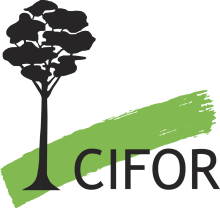Resource information
This study adopts an institutional approach to analyze the way in which informal rules, in their interaction with formal rules, shape the use of forest resources by diverse types of smallholders and communities (i.e., indigenous people, agro-extractive and traditional communities) in Latin America. Attention is given to understanding the ‘working rules’, comprising both formal and informal rules, that individuals use in making their decisions for land and forest resources access and use, which in turn affect benefits generation and distribution from such resources use. The dichotomy between formal and informal institutions take on relative importance, it is their interaction that matters in assessing human behavior. Three areas of behavior that affect forest resource use by smallholders and communities are examined: (1) the interface of formal rules, often contained in written laws, and practiced ‘rules of the game’ that guide how smallholders and communities control, allocate, legitimize and enforce land and forest tenure rights, (2) local systems for forest resource use and management under the imposition of formal regulations and models, and (3) smallholder interaction with markets influenced by the constraints and opportunities produced by formal regulations. The principal findings suggest that in spite of the fact that many governments have introduced progressive policies intended to benefit rural populations and their forest use, it is questionable the extent to which such policies have actually brought about any real change to benefit communities. Exploring the role of informal institutions, as they interact with formal law, is important to explain these outcomes in practice. This study draws on five case studies that provide evidence supporting this argument. Field research was carried out from 2006 to 2007 in four different countries: Bolivia, Brazil, Guatemala and Nicaragua.



